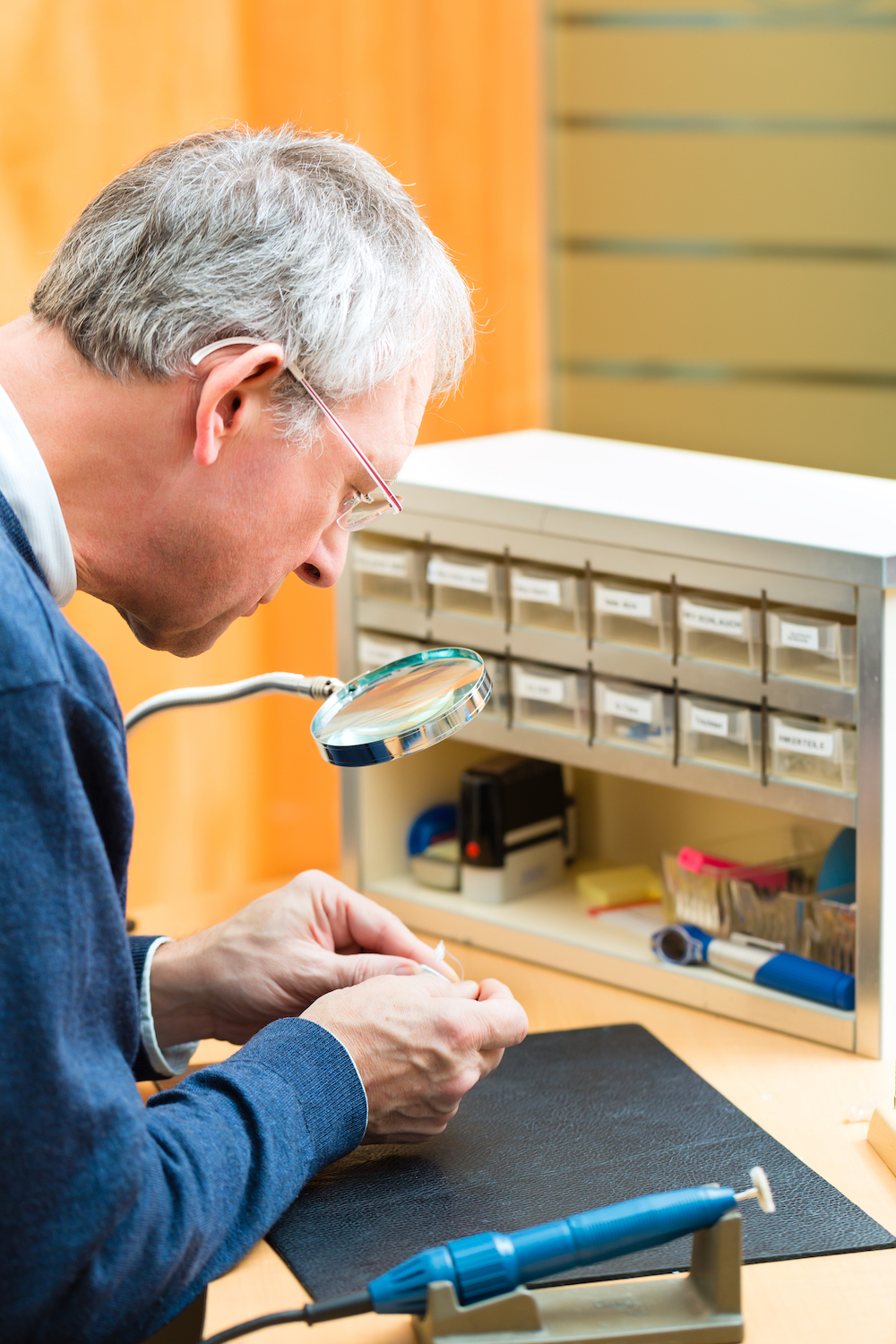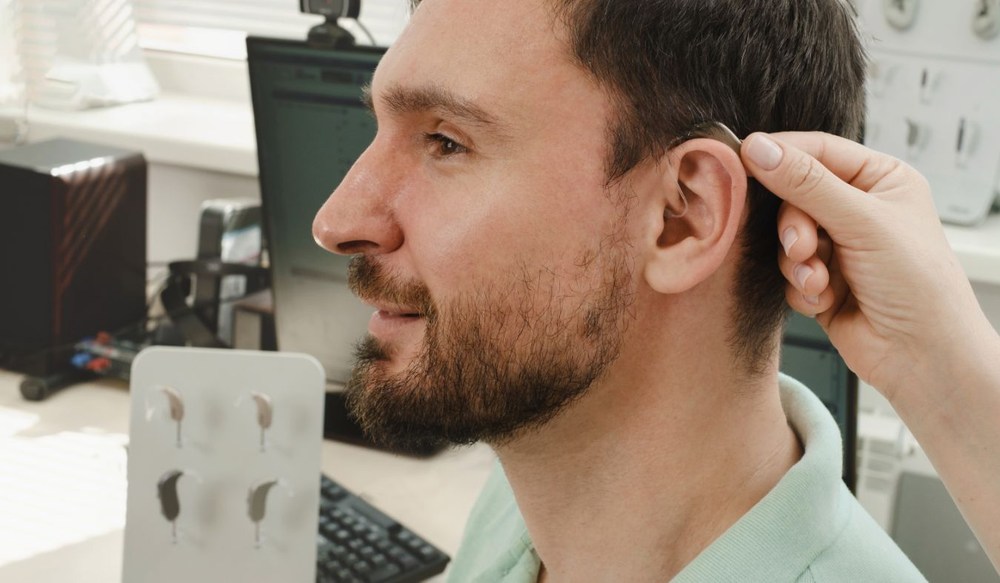How to Clean and Maintain Your Hearing Aids Properly
Hearing aids help you hear sounds more clearly in everyday life. Without


Hearing aids help you hear sounds more clearly in everyday life. Without

Have you noticed that music does not sound the way it once did? For many

First responders face unique challenges when it comes to hearing because